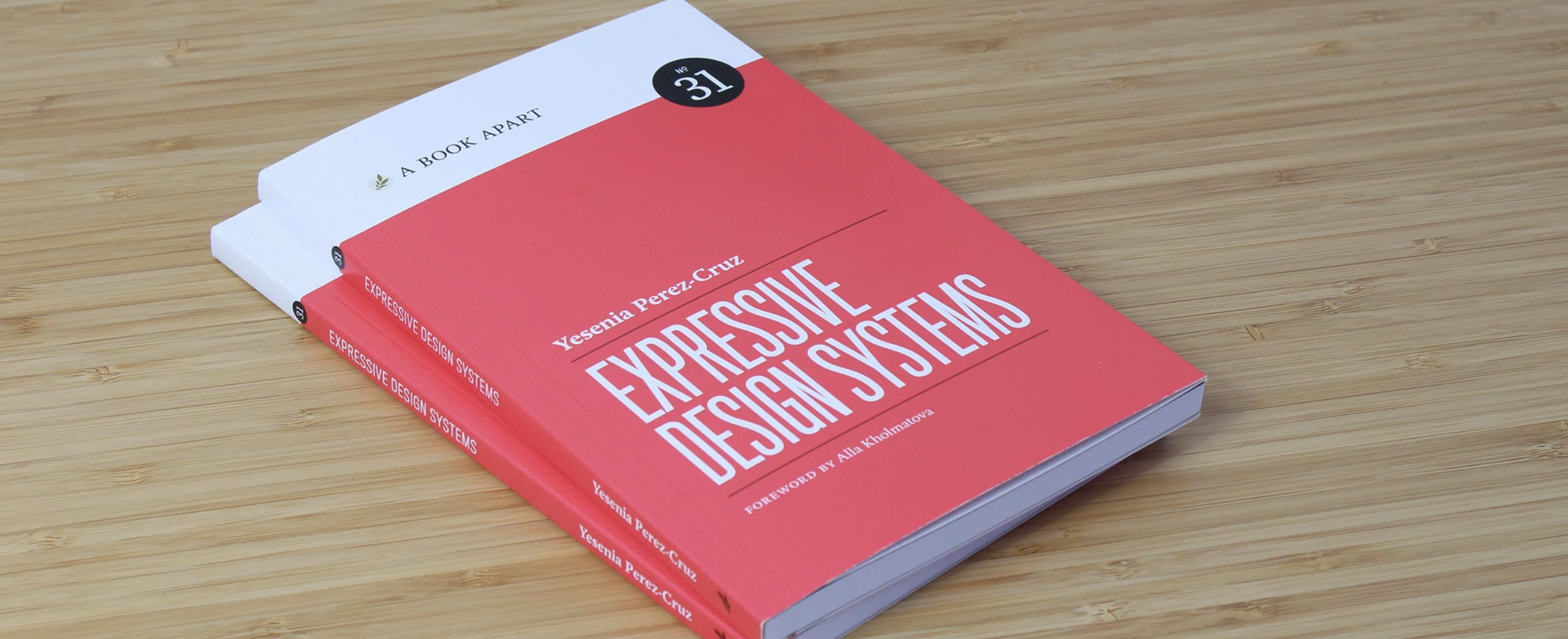Making Room for Variation
Say you have a design system and you’re having a moment where it doesn’t have what you need. You need to diverge and create something new. Yesenia Perez-Cruz categorizes these moments from essentially ooops to niiice:
There are three kinds of deviations that come up in a design
system:
- Unintentional divergence typically happens when designers can’t find the information they’re looking for. They may not know that a certain solution exists within a system, so they create their own style. Clear, easy-to-find documentation and usage guidelines can help your team avoid unintentional variation.
- Intentional but unnecessary divergence usually results from designers not wanting to feel constrained by the system, or believing they have a better solution. Making sure your team knows how to push back on and contribute to the system can help mitigate this kind of variation.
- Intentional, meaningful divergence is the goal of an expressive design system. In this case, the divergence is meaningful because it solves a very specific user problem that no existing pattern solves.
We want to enable intentional, meaningful variation.
This is an excerpt from her book Expressive Design Systems on A Book Apart, the same publishers as the incredible iconic book Practical SVG.
And while we’re linking up books about design systems, check out Andrew Couldwell’s Laying the Foundations.
System design is not a scary thing — this book aims to dispel that myth. It covers what design systems are, why they are important, and how to get stakeholder buy-in to create one. It introduces you to a simple model, and two very different approaches to creating a design system. What’s unique about this book is its focus on the importance of brand in design systems and creating documentation.

Direct Link to Article — Permalink
The post Making Room for Variation appeared first on CSS-Tricks.
